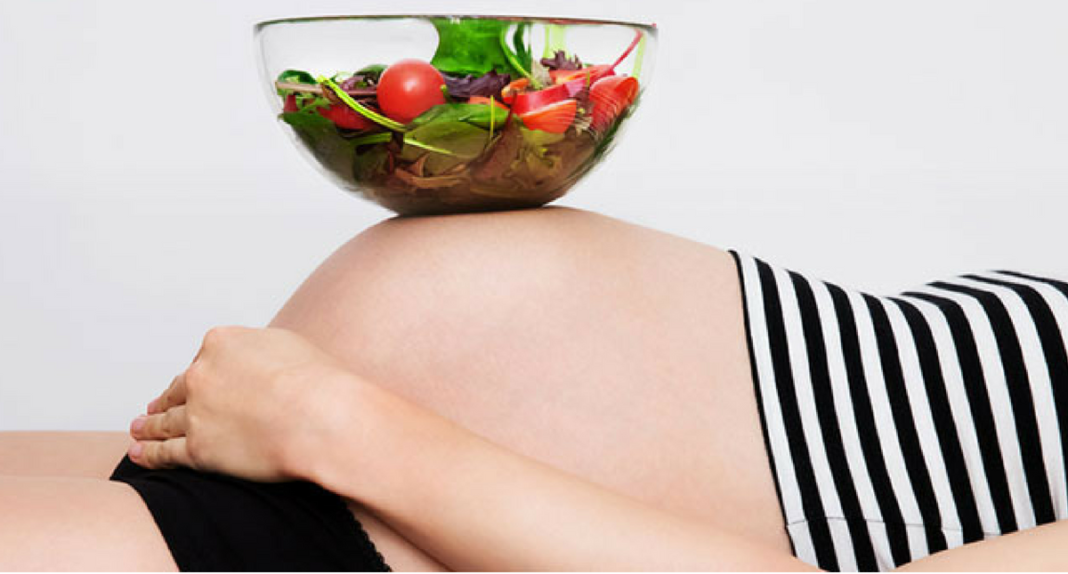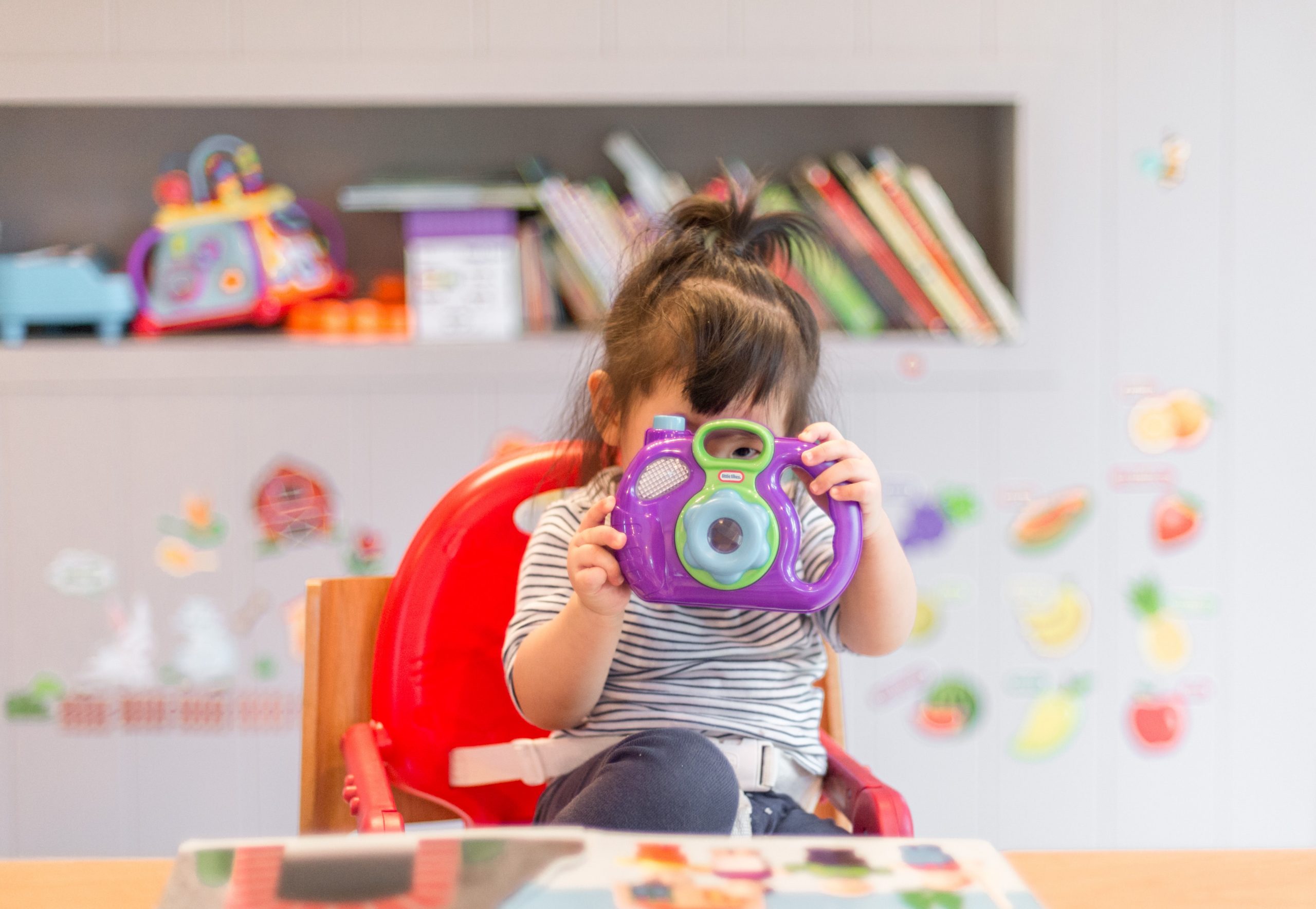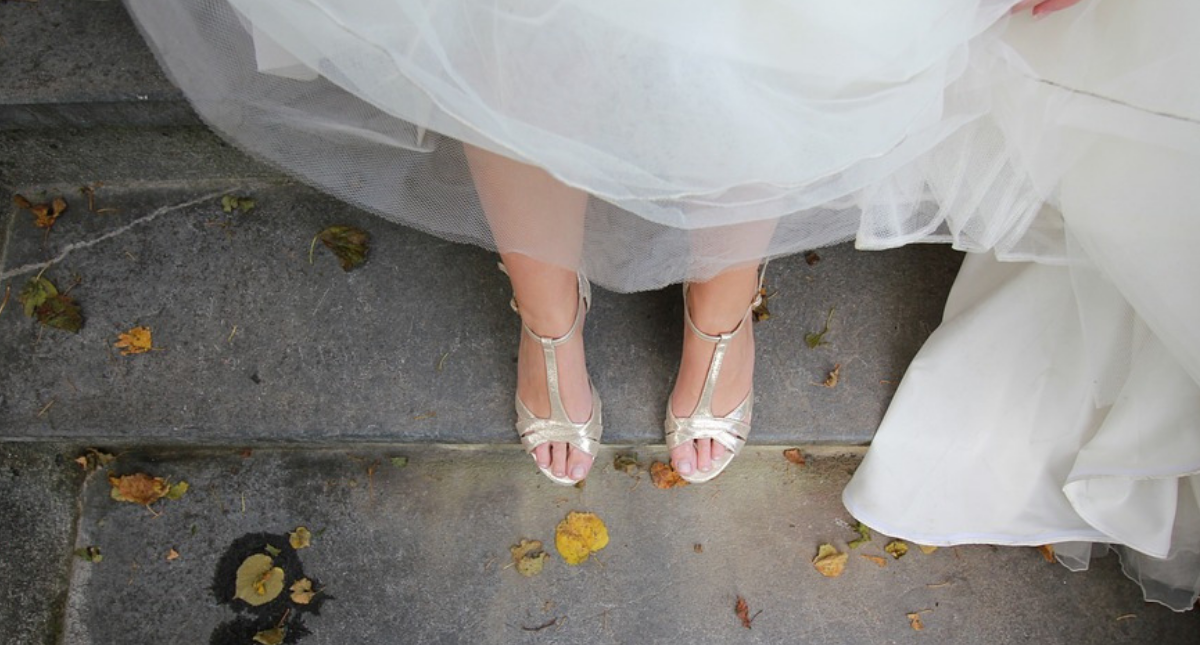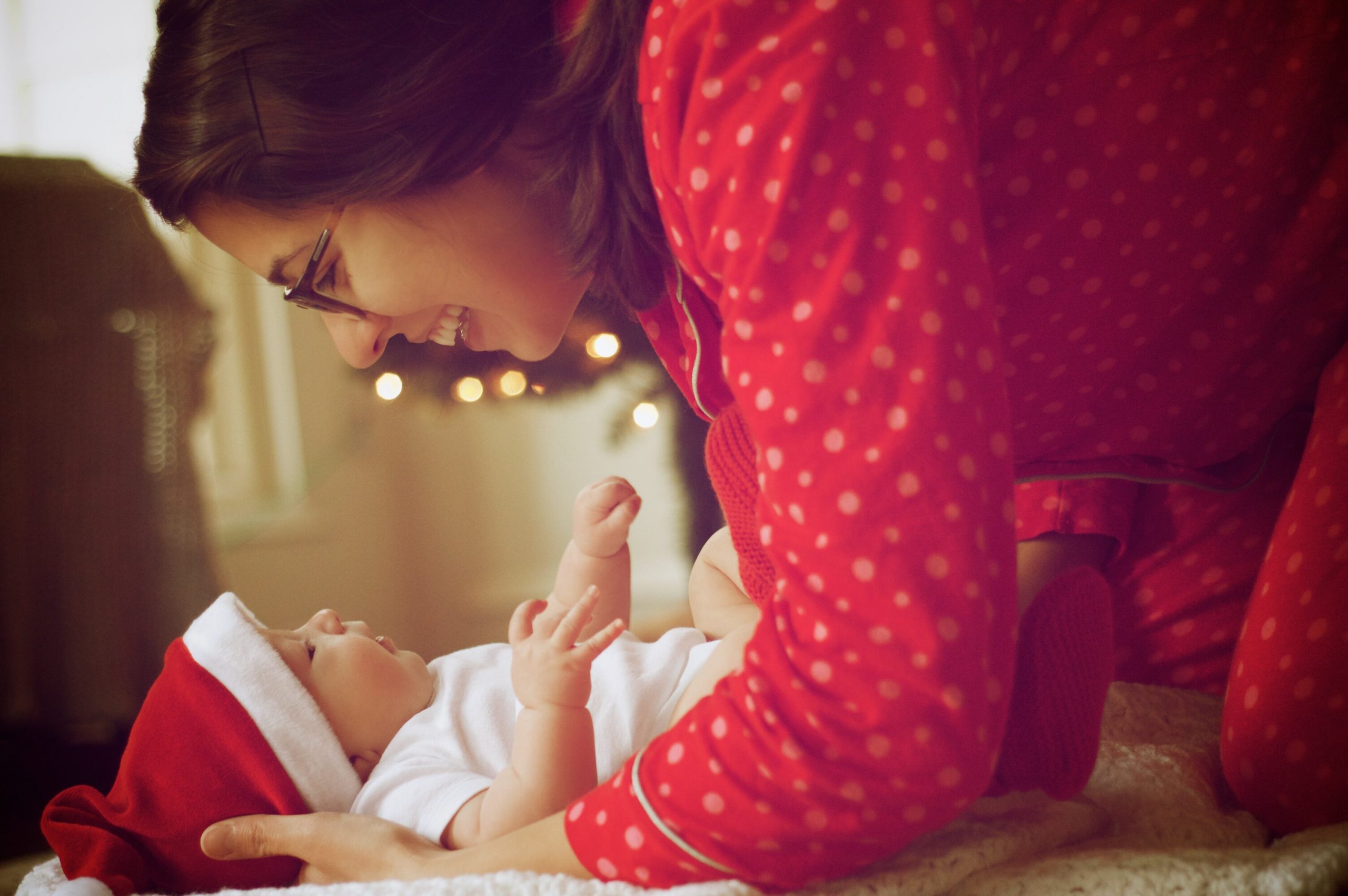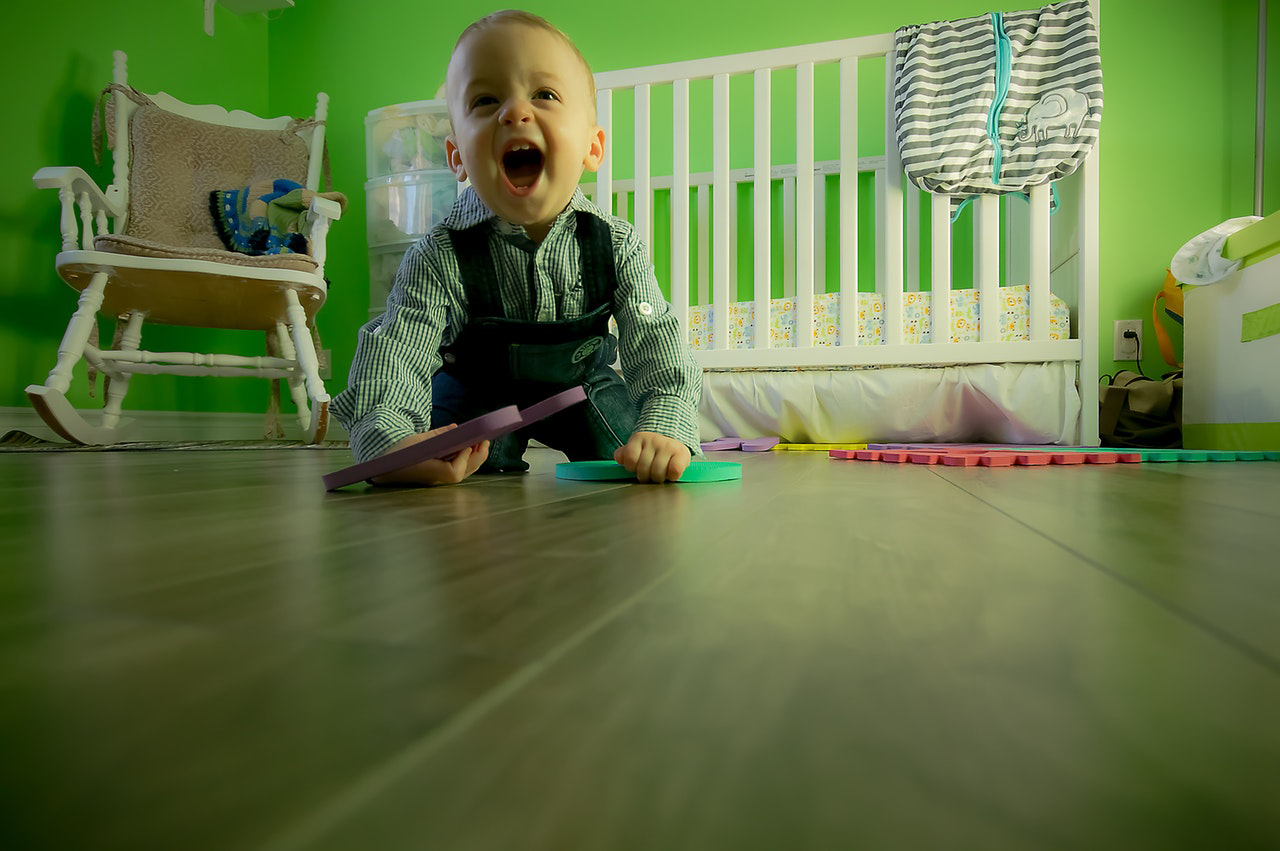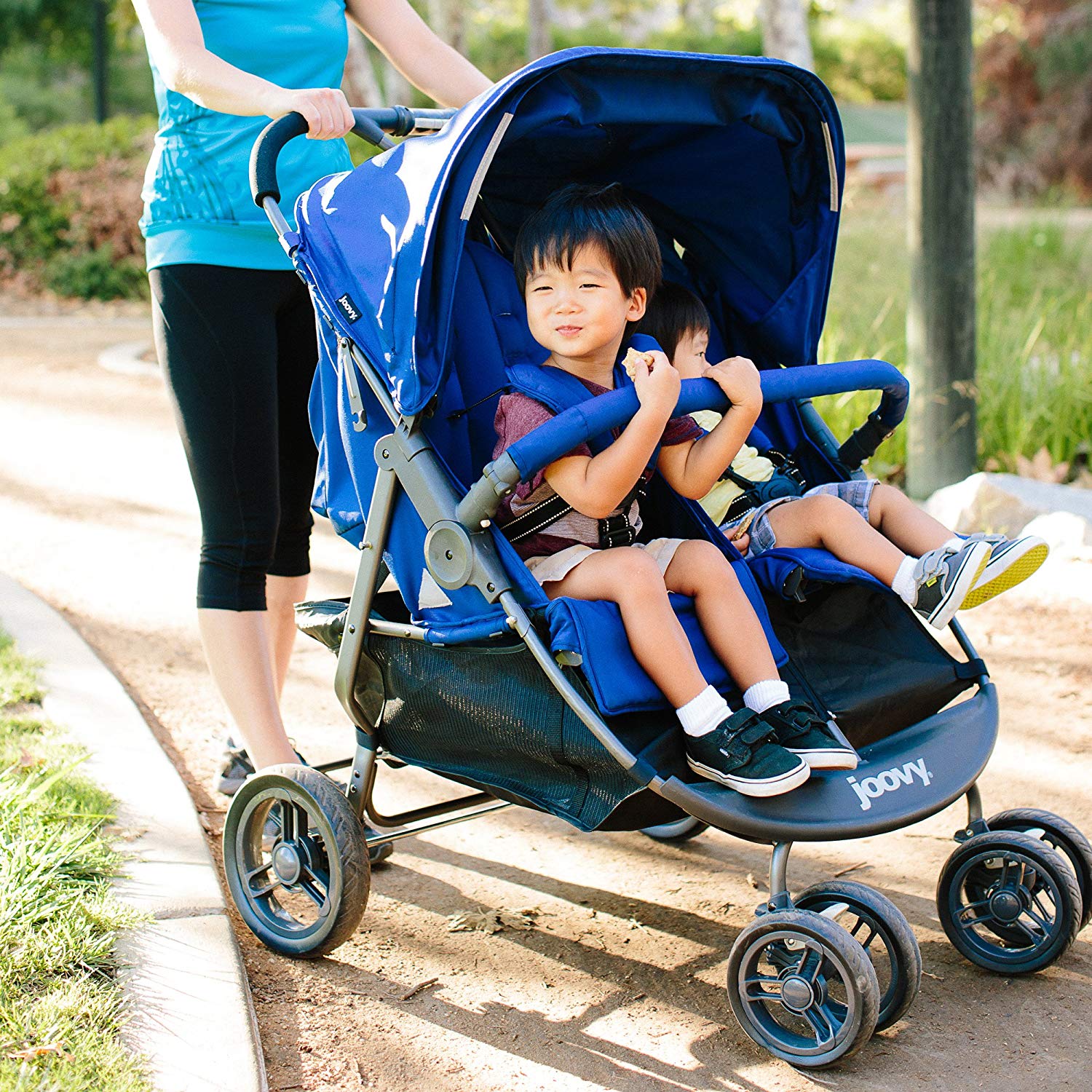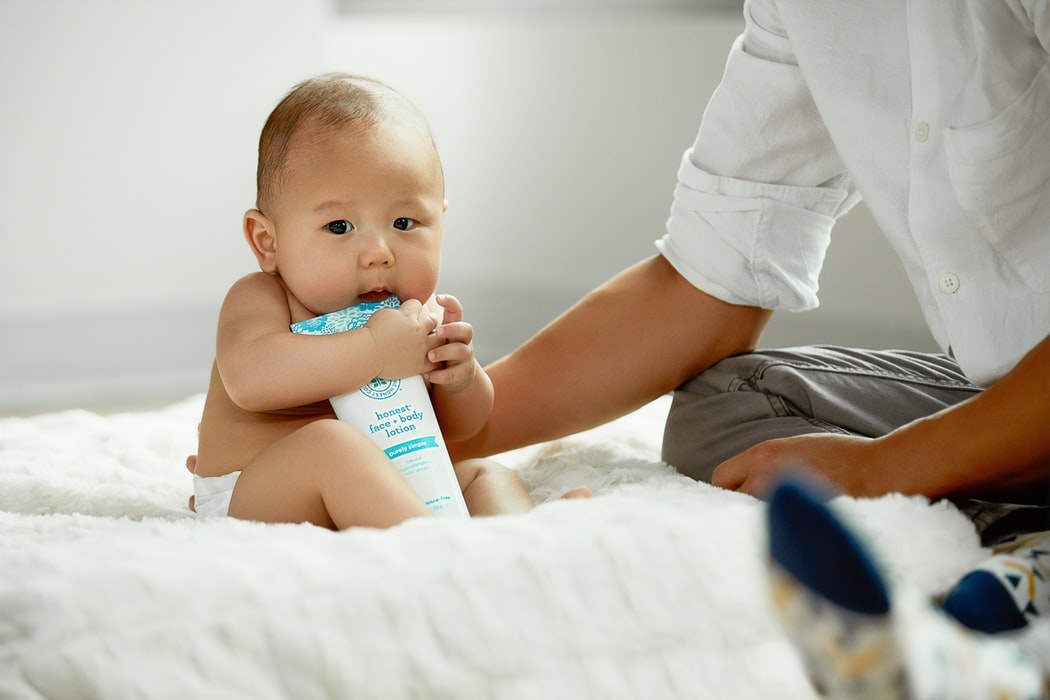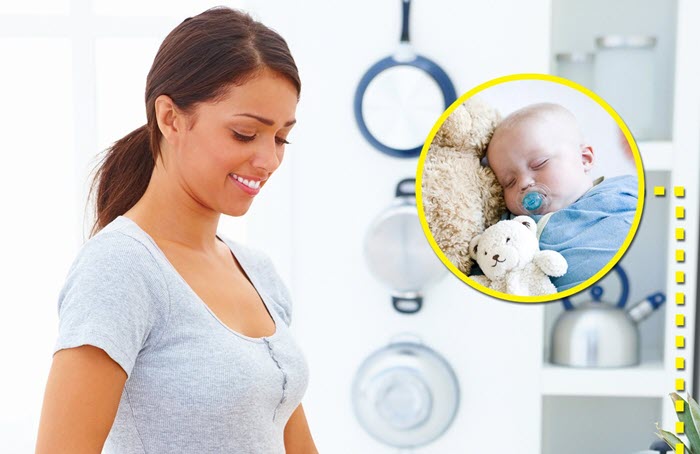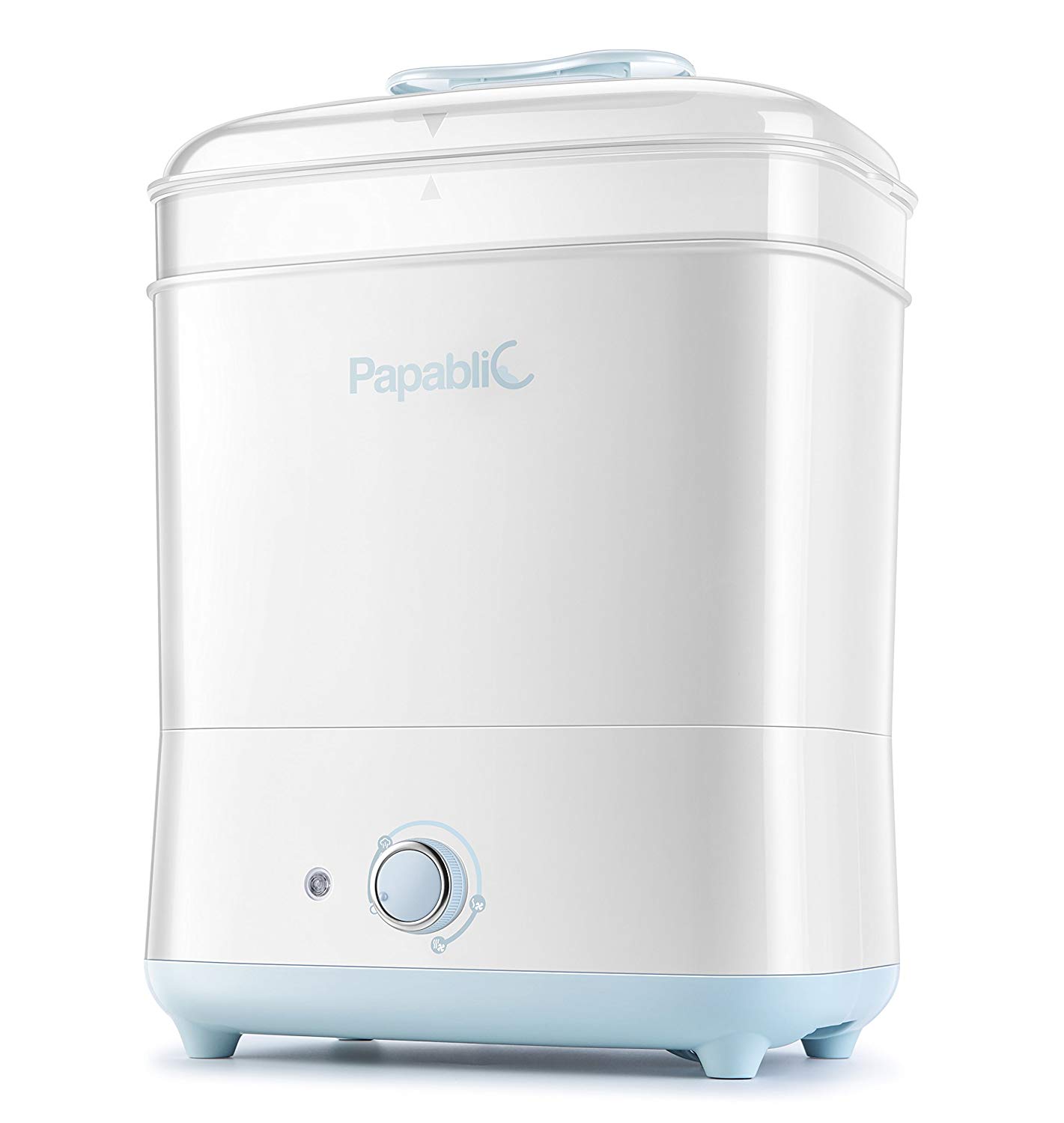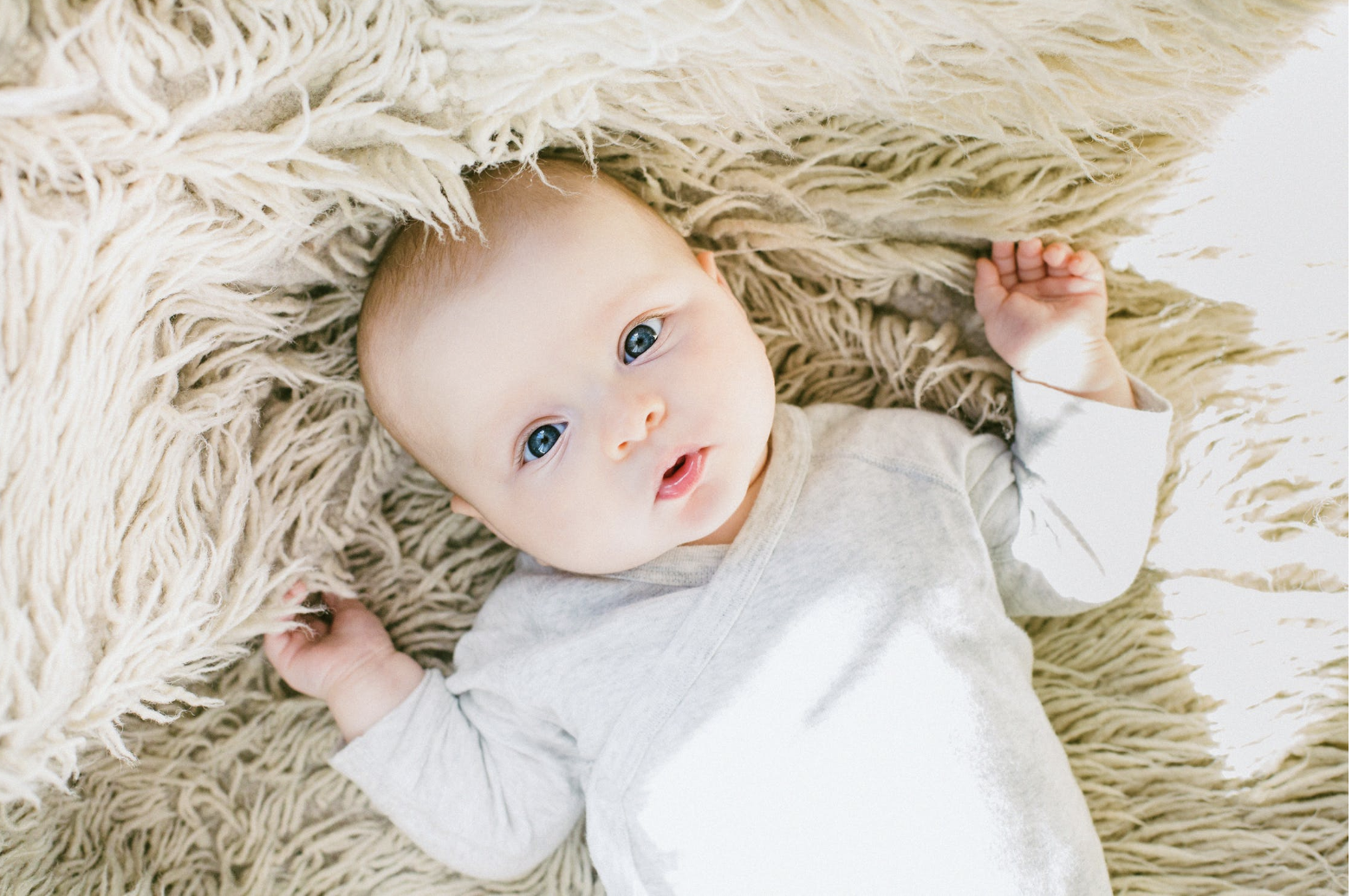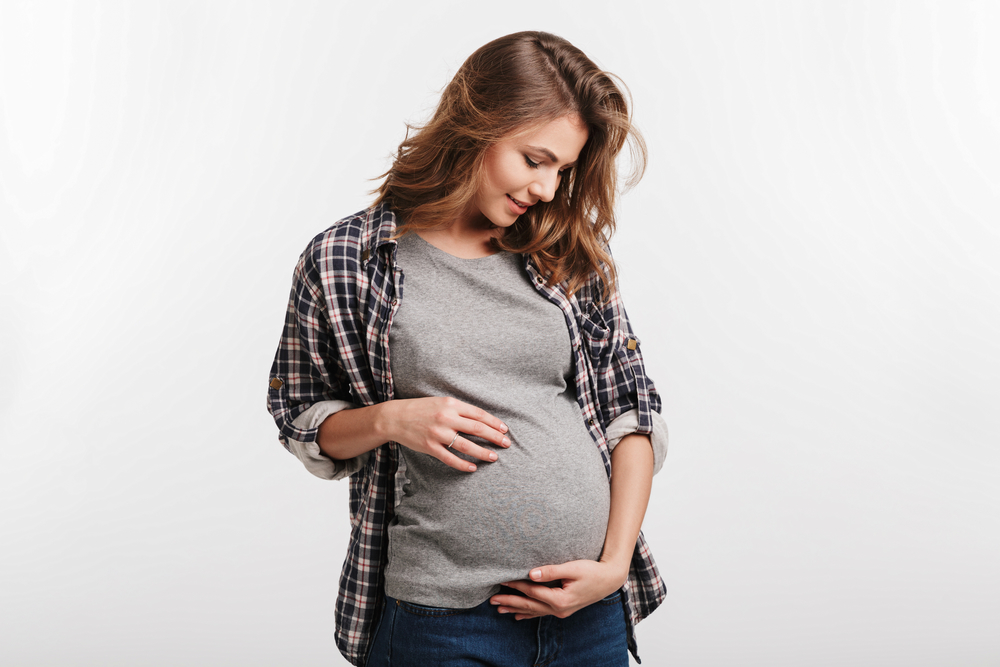

Expecting a baby is an anxious, yet exciting, time for parents everywhere. All the moms-to-be are experiencing new changes in their bodies and adapting to the fetus growing inside the womb. Every pregnant woman has a million questions, worries, and doubts about pregnancy, the different symptoms, baby’s growth, pains, and food. Although there are various issues to deal with at every stage of your pregnancy; when you are 36 weeks pregnant, you will have completed 8 months and would probably be worried about how the last month will pan out for the baby and you. Informing yourself about the various symptoms and bodily changes that take place during this period can alleviate your fears about labor and also help you understand how your baby develops before it finally comes out into the world.
What Symptoms Will I Have at 36 Weeks?
Pre-Term, Full-Term, and Post-Term Pregnancy
Pregnancy lasts for about 40 weeks in total and is divided into three trimesters. The first trimester is week 1 to week 12, the second- week 13 to 28 and the last- week 29 to week 40. Women generally deliver after they are 36 weeks pregnant or more. If the baby is born within 36 weeks of pregnancy, it is known as pre-term labor. Babies born in the 9th month of pregnancy are said to have gone the full-term, and if a woman delivers at the end of or after 40 weeks, it is known as post-term pregnancy.
Pregnancy Symptoms at Different Stages

Image by PublicDomainPictures
The First Couple of Weeks

Image by dianaforsberg92
Commonly known symptoms of pregnancy are tiredness, bloating, frequent urination, morning sickness, nausea, and tender breasts. This is not to say that every woman will have all of these symptoms early on in her pregnancy, but the majority will have at least one or two of them. Some may experience an aversion to certain foods or smells as well.
Five Weeks and Above

Image by xusenru
Mood swings are part and parcel of being pregnant. Your hormones cause you to feel angry, chirpy, depressed, elated or cranky, sometimes all in one day or a few hours at a time. Research says that about 10 to 12% of women experience depression during pregnancy, and almost the same amount experiences it postpartum.
Your body will begin to show significant signs of pregnancy around week 8. Slight vaginal bleeding can occur during the first trimester. One needn’t really worry about it, but as it can also be a sign of an ectopic pregnancy or a miscarriage, it is best to consult your doctor immediately.
Week 10 and Above

Image by StockSnap
You will start noticing the famous pregnancy ‘glow’ that everyone talks about. Your skin looks shiny, healthy, and flushed due to boosted blood volume and pregnancy hormones like HCG and progesterone. Your belly will be noticeable after the 11th week. The risk of miscarriage drops significantly once you have entered your second trimester.
Week 16

Image by congerdesign
Feeling your baby kicking is a major experience which comes sometime between week 16 and 20. You’ll be gaining weight, and your belly size will increase substantially. Your huge belly might lead to a different posture and some backache. You will have to adjust sleeping positions to alleviate the pain.
Week 20 and Above

Image by Pexels
This is the halfway mark of your pregnancy and round ligaments in your pelvic get pulled and stretched, giving you discomfort or pain. There may also be a drop in your blood pressure causing you to feel dizzy.
Week 28

Image by ConexaoCabeca
When you are in your last trimester, you might feel like you want to deliver already. Shortness of breath, fatigue, and exhaustion are common. You might experience leaky breasts due to the discharge of colostrum. This is important to fight infections for your baby. Stretch marks are a side effect of your expanding tummy.
Week 31 to 36

Image by StockSnap
You may experience more hip and lower back pain. There will be more pressure on the sciatic nerve as well. Sporadic contractions, called Braxton Hicks contractions, might occur around week 33. These are often confused with labor contractions but subside after a while. Your mucus plug drops around week 35, causing some colored vaginal discharge.
Finally, when you are 36 weeks pregnant, your baby will drop and settle down into your pelvis and get ready to eventually come out. Your milk glands will also start producing colostrum at a high rate during this time.
What to Expect When You’re 36 Weeks Pregnant

Pelvic Pain
Flexibility in your joints, along with the baby’s head dropping into your pelvis, causes pelvic pain. Your uterus is also quite heavy by this time.
Less Appetite
Your enlarged uterus causes your stomach to get squeezed making you feel like eating only small quantities of food at a time. This is good in a way, as it prevents indigestion, heartburn, or gas.
Frequent Urination
The baby in the pelvis area also puts pressure on your bladder. You will find yourself urinating more frequently. But, your body needs to stay hydrated so keep consuming liquids.
Vaginal Discharge
Your cervix will begin to dilate in the last month of pregnancy to prepare for labor. You will also lose the mucus plug (that keeps the uterine opening closed during pregnancy to avoid germs and infections) which will result in thick, dark colored discharge.
Swelling in Feet and Ankles
Pregnancy swelling, or Edema, as it is also known, causes swelling in your feet and ankles as your body retains more and more fluids.
Insomnia
Finding the perfect position to sleep in and ignoring the discomforts and pains you may have is really tough. So, you may find yourself losing sleep. Some women also feel too hot or too cold in bed.
Itchy Stomach Skin
As your belly expands, your skin will get itchy, and you will have stretch marks. Use moisturizing lotions to keep the skin soft and hydrated.
How Big Is My Baby at 36 Weeks?
Size of the Baby

Image by Mirlidera
Comparing the size of your baby to an everyday object will give you a correct idea of how big he/she is when you are 36 weeks pregnant. At this time, your baby is the size of a papaya! He/she is about six pounds and 18 or 19 inches long. The baby’s growth slows down in the last month so that he/she is able to fit through the narrow passageway during labor.
Development of the Baby

Image by JooJoo41
Your baby’s hearing is quite developed and he/she can recognize your voice. The baby’s skull and bones are not yet fused together so that the head can easily pass through the birth canal. Most bones are also very soft at this time. They harden over time once the baby is out of the womb.
The baby’s blood circulation is well developed, and his/her immune system is also strong enough to protect the body from outside infections. The liver and kidneys are operational too. The baby is getting ready to be able to breathe on his own now. His/her skin begins to become smooth when you are 36 weeks pregnant and the gums also become rigid.
The digestive system, on the other hand, is still not fully functional as the nutrition needs of the baby, while in the womb, were met through the umbilical cord.
At 36 weeks, or a little later, an ultrasound will show if your baby is in the “breech” position (head up instead of down position) and also show you the position of the placenta. Even if the baby is in the breech position, he/she can turn in the weeks to come. Sometimes, doctors even attempt pushing or lifting your belly to turn the baby. There is hardly any risk in this method, and it has a high success rate.
If you are 36 weeks pregnant, you have already been through a long and exhausting 8 months of carrying your baby in your tummy along with facing all the effects of your raging hormones and ever-expanding belly. This is the time when you should look forward to delivering your child, decide on a name, pick out clothes and room colors, and prepare for maternity leave if you are working.
Conclusion

Image by 3907349
At 36 weeks pregnant, you must take care of yourself even more and get ready to deliver soon. A mother’s instincts are in sync with what the baby needs. So, if you feel any symptoms seem out of place or unusual, consult your doctor immediately. It is better to be dismissed by the gynecologist for worrying without reason than having to rush to the hospital in case of an emergency.
Although it is natural to be anxious, rest assured that your body is well equipped to protect the baby and aid in its development. All the physical changes that your body goes through during pregnancy can take a toll on your self-image or mental and emotional state. But, those are only temporary, and all the stretch marks, pains, sleepless nights and cravings will be worth it when you hold your baby in your arms for the first time. It is vital to enjoy the last month of your pregnancy and prepare for the life you have created and already have begun to love.




